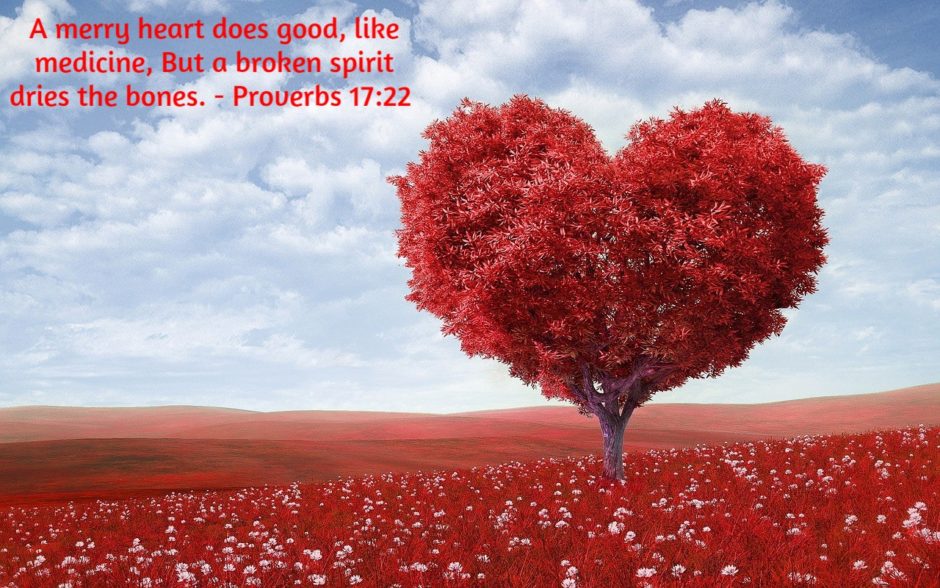A merry heart doeth good like a medicine: but a broken spirit drieth the bones.~Proverbs 17:22
Upon her arrival in the emergency department (ED) she presented with hematemesis, black tarry stools, and was anemic. I immediately inserted a large-bore intravenous catheter and gave an infusion of normal saline as volume replacement followed by a transfusion of a couple of units of red blood cells. Shortly thereafter, she was clinically and hemodynamically stable. I then performed an upper endoscopy that revealed a 15 mm gastric ulcer with a “visible vessel” appearing much like a tree standing in the middle of the ulcer base. I applied coagulation treatments several times directly on the bleeding vessel and was finally successful in cauterizing the lesion. Complete cessation of bleeding from the gastric ulcer was the good news; however, I was concerned about the size and the shape of the ulcer. Could it be cancer?
With her gastrointestinal bleeding stopped, JP improved quickly in the days that followed and was able to be discharged to her home to recuperate. Because of my concern of the appearance of the gastric ulcer, I made a follow-up appointment and approximately 10 weeks later performed a second endoscopy. I was surprised to find that the ulcer had not decreased in size in spite of the treatment regimen. I then performed multiple endoscopic biopsies.
Unfortunately, the final diagnosis was adenocarcinoma (stomach cancer). I had the sad responsibility of relaying this to the patient and her daughter. JP agreed to have surgery remove a portion of her stomach. The surgery went quite well and JP progressed rapidly postoperatively. One thing that I took notice of was that each time I made rounds on JP, her daughter was always present and always busy with a piece of handiwork she was creating.
Finally the day came for JP to be discharged. Just before she was about to leave the hospital, JP’s daughter came to me and said she had a gift for me – to my utter amazement, it was the result of what she had so painstakingly and beautifully woven. The words worked into the cloth, stitch by stitch were: “A merry heart doeth good like a medicine. Proverbs 17:22.”
I was overwhelmed by this act of kindness, so overwhelmed that I had the needlework framed and hung on the wall in my exam room at the clinic. Every time I see it and read the words, my mind goes back to the incident of 1987. I simply did what I was supposed to do-provide the best diagnosis and treatment for my patient, utilizing the best available techniques and knowledge at hand. I thought that was my duty as a physician. But when I was presented with a gift made by her hands as a form of thanksgiving, I was touched to the core of my heart. I lowered my head in humility and in tears.
Yoshinobu Namihira, LLUSM class of 1980-B, was struck by poliomyelitis in 1952 with residual weakness of his lower extremities. Nevertheless, to this day, he has been active in serving his patients in Vicksburg, Mississippi.
